
Over the last few weeks, a multidisciplinary group of around ten experts has been working on a collaborative handbook, produced as a network, under the name of Municipal mobility recommendations in view of the de-escalation of Covid 19. The publication contains useful information to assist municipalities in de-escalating from the confinement of the population by the Covid19According to La Ciudad Accesible, it is a document that integrates data, knowledge, experience and recommendations from environmentalists, architects, urban planners, geographers, health professionals, industrial engineers and different experts in physical activity, urban mobility and universal accessibility, as well as teachers and researchers from the UGR and URJC.
The coordinator is Manuel Jabalera and the editorial team includes Cristobal Medialdea, Antonio Tejada, Mariela Fernández-Bermejo, Palma Chillón, Jacinto Garzón, Jose Luís Mártinez, Alberto Mínguez, Agustín Aranzana, Jose Romero and Jordi Tatay.
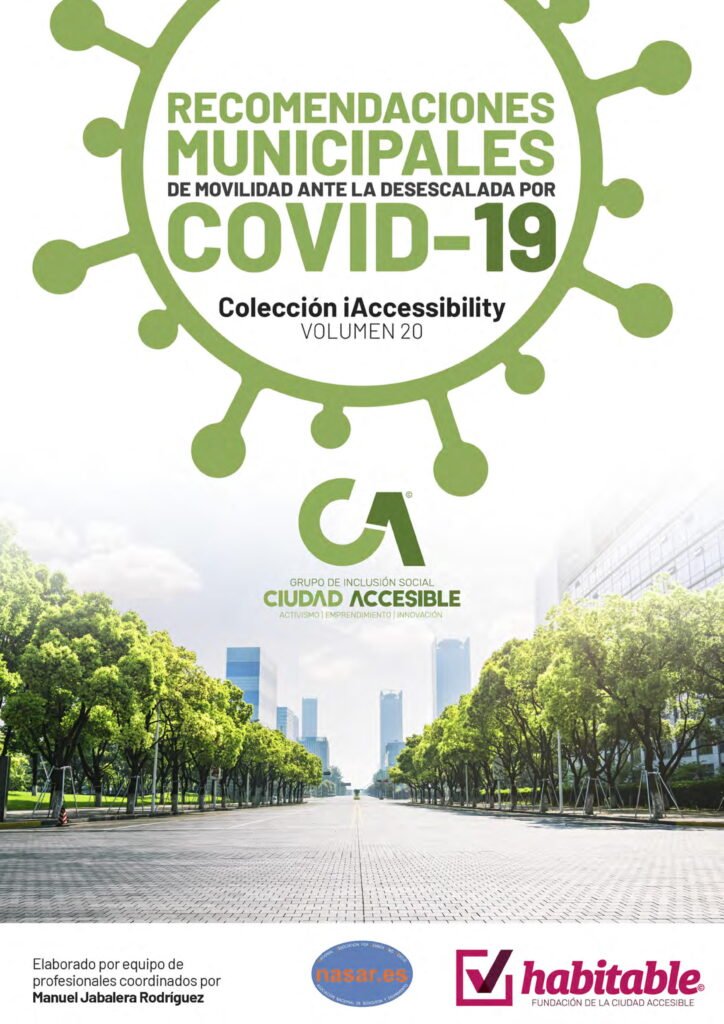
The purpose of these municipal mobility recommendations in view of the de-escalation of the population's confinement due to the Coronavirus is to be at the disinterested service of municipalities and organisations, so that they can be implemented quickly and efficiently during the coming weeks, thus guaranteeing safe mobility in streets and public spaces, whether on foot or by bicycle. It is advised to make a correct inventory of public spaces that are prone to this lack of space, to elaborate the capacity of these spaces according to age and activity, to develop the new concept of 'Recommended Safe Space' and to directly give general guidelines and recommendations to the municipalities themselves.
In addition, a population study of the possible citizens demanding use in a given area of influence of these public spaces is proposed, the mobility of the population is analysed with safe streets and itineraries to travel, the impact that technological solutions can help to comply with and manage these recommendations is seen, as well as non-technological solutions that contribute to municipal management and inform the user about it are launched. All these issues are addressed from a scientific point of view and with extensive research processes carried out for this project over the last two weeks.
Finally, the government recommendations are expected to be more general recommendations in the first instance, so this handbook can contribute as a preliminary study to prepare municipalities and their citizens for this imminent de-escalation, as it is also intended to be enriched in the future with these government measures to be applied at the municipal level. Therefore, this document takes into account aspects such as the speed at which people move, taking into account their diversity or special needs such as wheelchair or baby pram use, environmental conditions such as wind and humidity, etc.


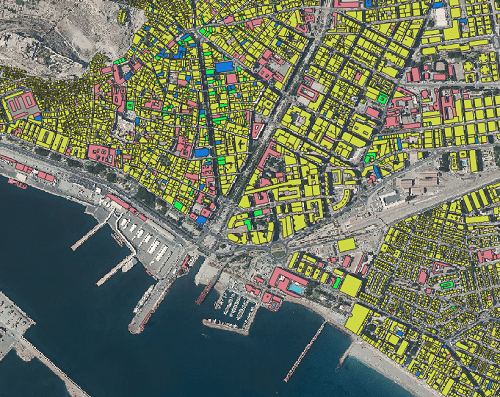

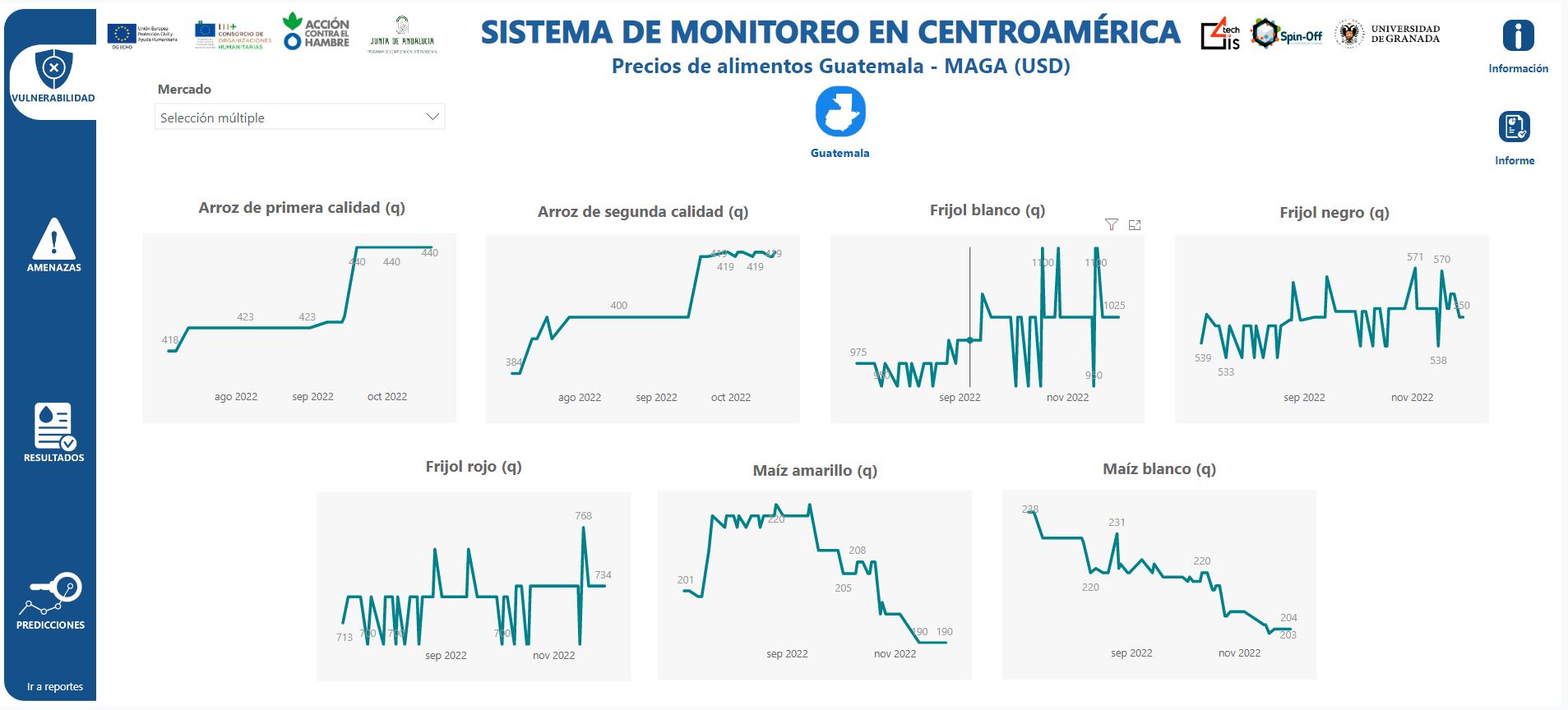
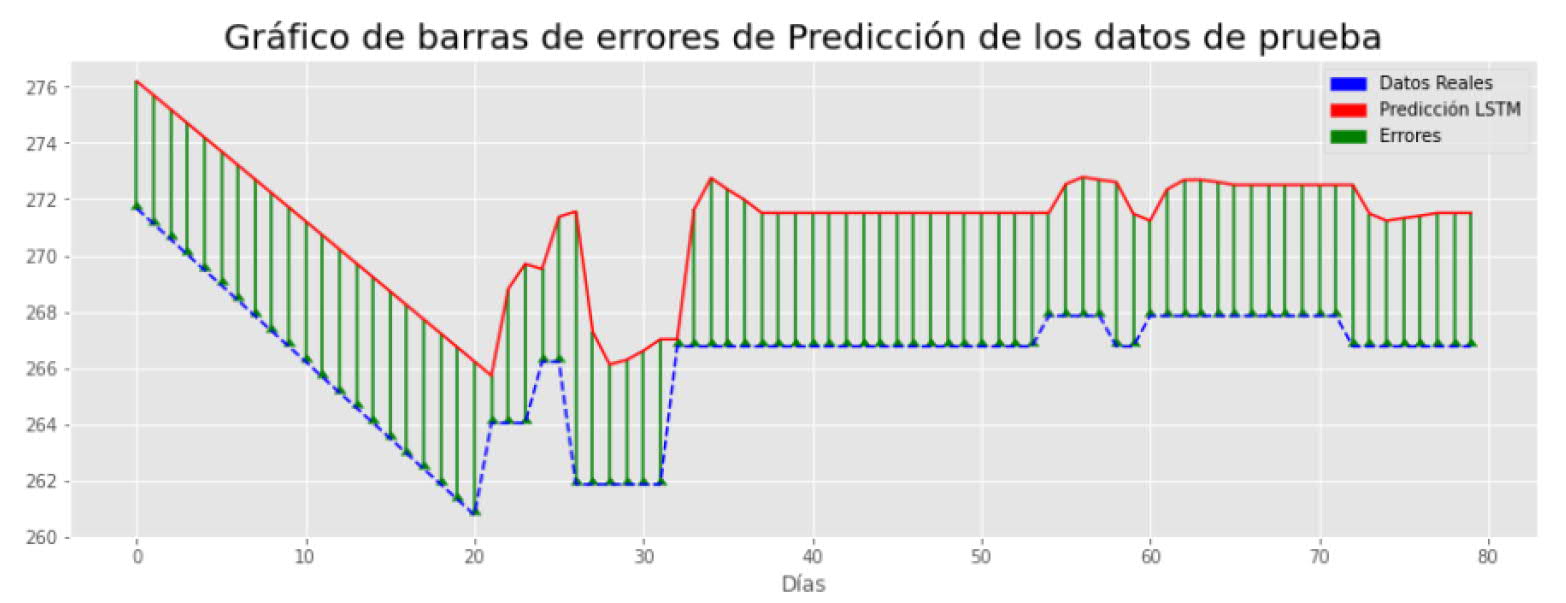
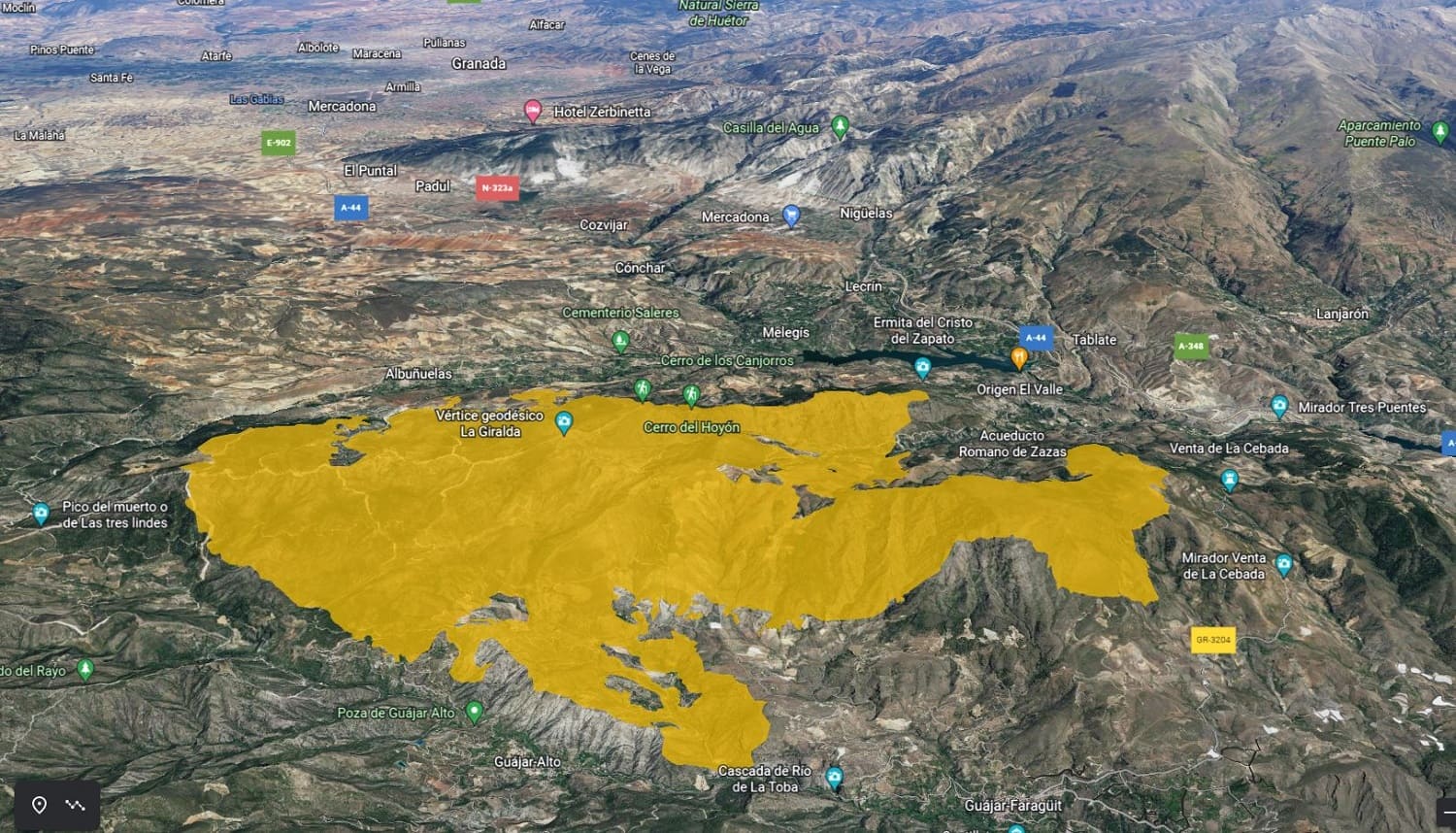
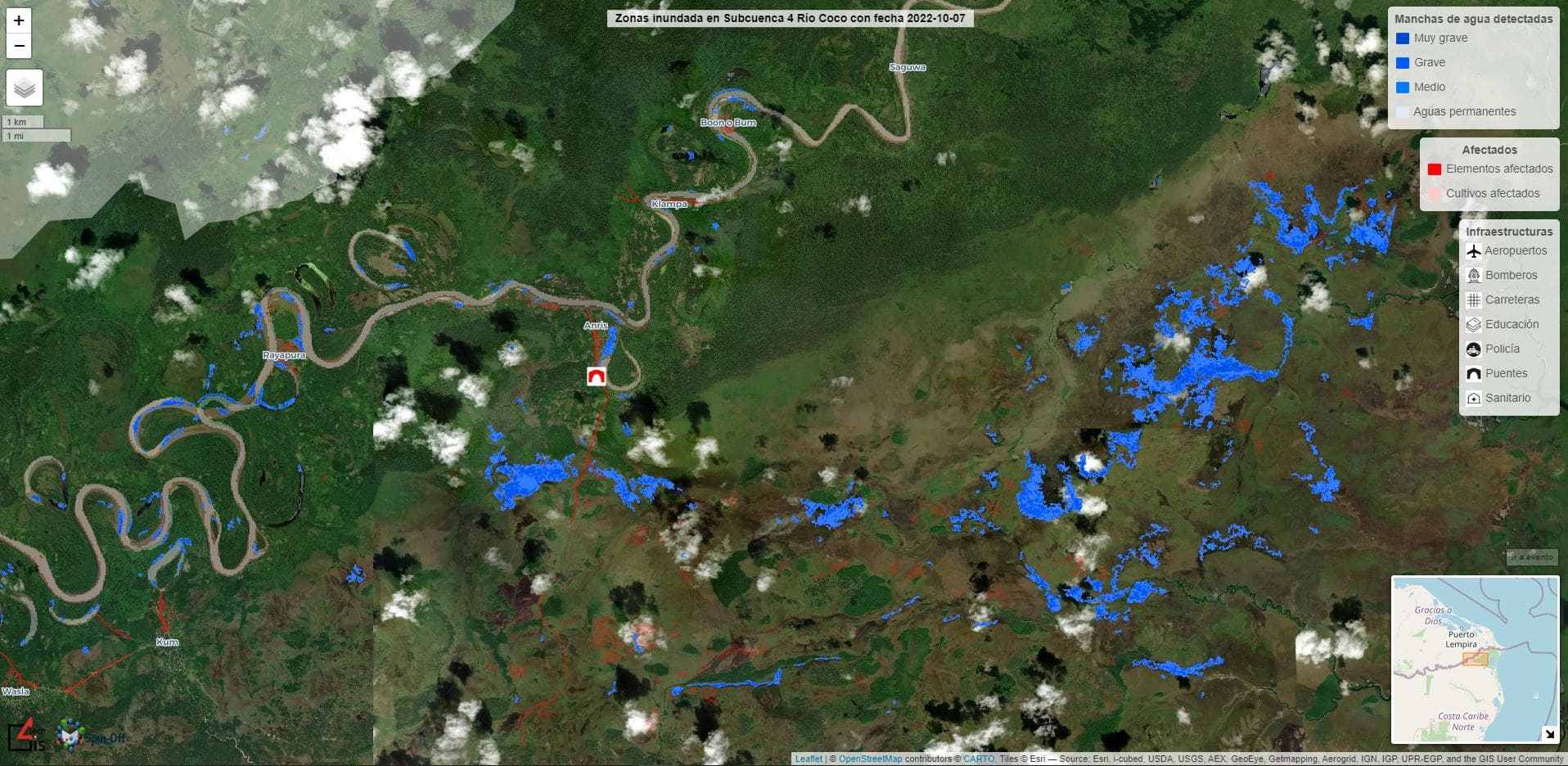
The information in this article has been obtained from the following newspaper Granada Hoy
Correo electrónico: info@gis4tech.com
